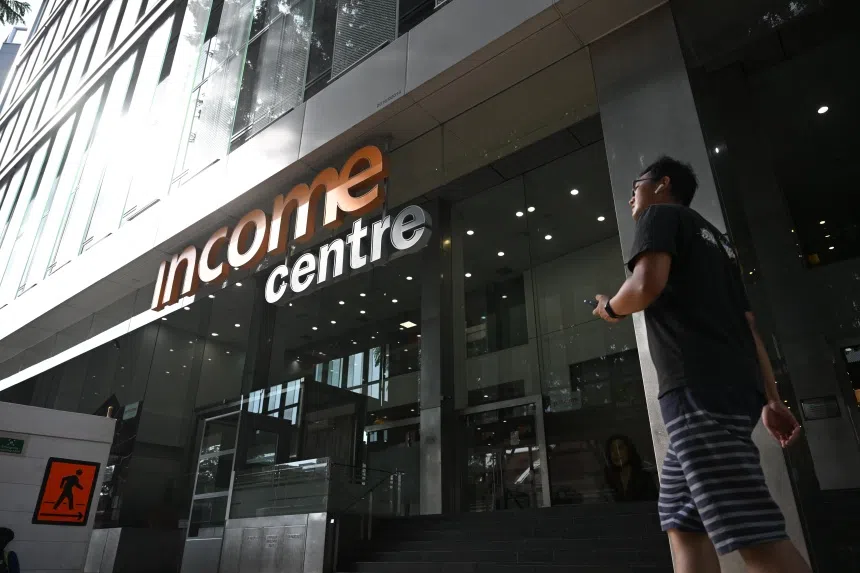HOME-GROWN insurer Income Insurance is taking a stab at a new business model as it looks at ways to grow its topline by expanding its distribution abilities, The Straits Times (ST) has learnt.
The composite insurer is looking to be a business partner to those who want to start their own financial advisory (FA) firms, according to several market sources.
This will be done through the insurer’s wholly-owned subsidiary called Income Advisory Group Holdings (IAG), that was incorporated in Singapore in early August.
As a business partner, IAG, led by Grace Tng, will hold a stake in the new FA firm.
In response to ST queries, Income likened the new approach to a joint venture or a consortium.
It said the FA firms can choose to join IAG and sell either just Income’s products or also offer plans from other insurers.
BT in your inbox
Start and end each day with the latest news stories and analyses delivered straight to your inbox.
IAG will support the new FA firms through shared services in a number of areas including administrative matters, processes, technology and compliance. The latter two components can be costly, according to industry players.
“Such efficiencies are essential to help FA firms thrive in a highly regulated environment,” the insurer said.
Some market players noted that the IAG business model can be appealing as it plays to the strengths of the people who join.
They added that the new approach leaves the management of the new FA firms to focus on what they do best – sales and recruitment.
“In the constantly evolving Singapore market, having scale in distribution is necessary to serve a relatively mature insurance market in Singapore,” Income said.
Currently, Income has an FA arm, called Infinitum Financial Advisory.
Infinitum, which now has roughly 180 advisers, was formed in June 2019 following the acquisition of two FA firms.
Income said the new strategy complements its omni-channel distribution strategy, which includes its tied agents or agents who only sell Income products; and those who offer a range of plans from different insurers, including financial advisers and retail branches.
While some observers described the business model as “clever”, the move has raised several questions, key of which is how sustainable this could be in a highly-competitive insurance market in Singapore.
The development has also created unease among industry players, who are watching this with a keen eye.
Several sources told ST that IAG has been actively recruiting with attractive buyout packages.
While recruitment or poaching in the industry is nothing out of the ordinary, the possible carrots dangled at potential candidates, typically insurance agents and agency leaders, are making some uncomfortable.
An industry veteran, who has seen many rounds of poaching over the years, said that the norm for buyout packages is 150 per cent or so and that if it goes past that, it would not be sustainable.
This means if an agent now makes S$100,000, he or she could be offered S$150,000 to compensate for the loss of renewal income from existing policyholders.
For high buyout packages, the person will have to stay with the firm for a longer period of time, he added.
Other industry players noted that such buyout packages are usually tied to sales targets, so those who join IAG will have to hit the sales targets or risk getting their commissions clawed back.
ST was told that agents or advisers from at least four life insurers, including AIA and Manulife, have been approached.
Said a senior executive: “As an industry, we need to think this through because such high packages are not good for the industry.”
Aggressive poaching in the past had led the Monetary Authority of Singapore (MAS) to step in and review industry practices.
In March 2018, the Life Insurance Association Singapore issued industry guidelines, developed with the regulator, on the use of sign-on incentives.
The recommendations include having such sign-on incentives to be spread over a minimum period of six years, and to have greater monitoring of the new recruits for at least two years. THE STRAITS TIMES







